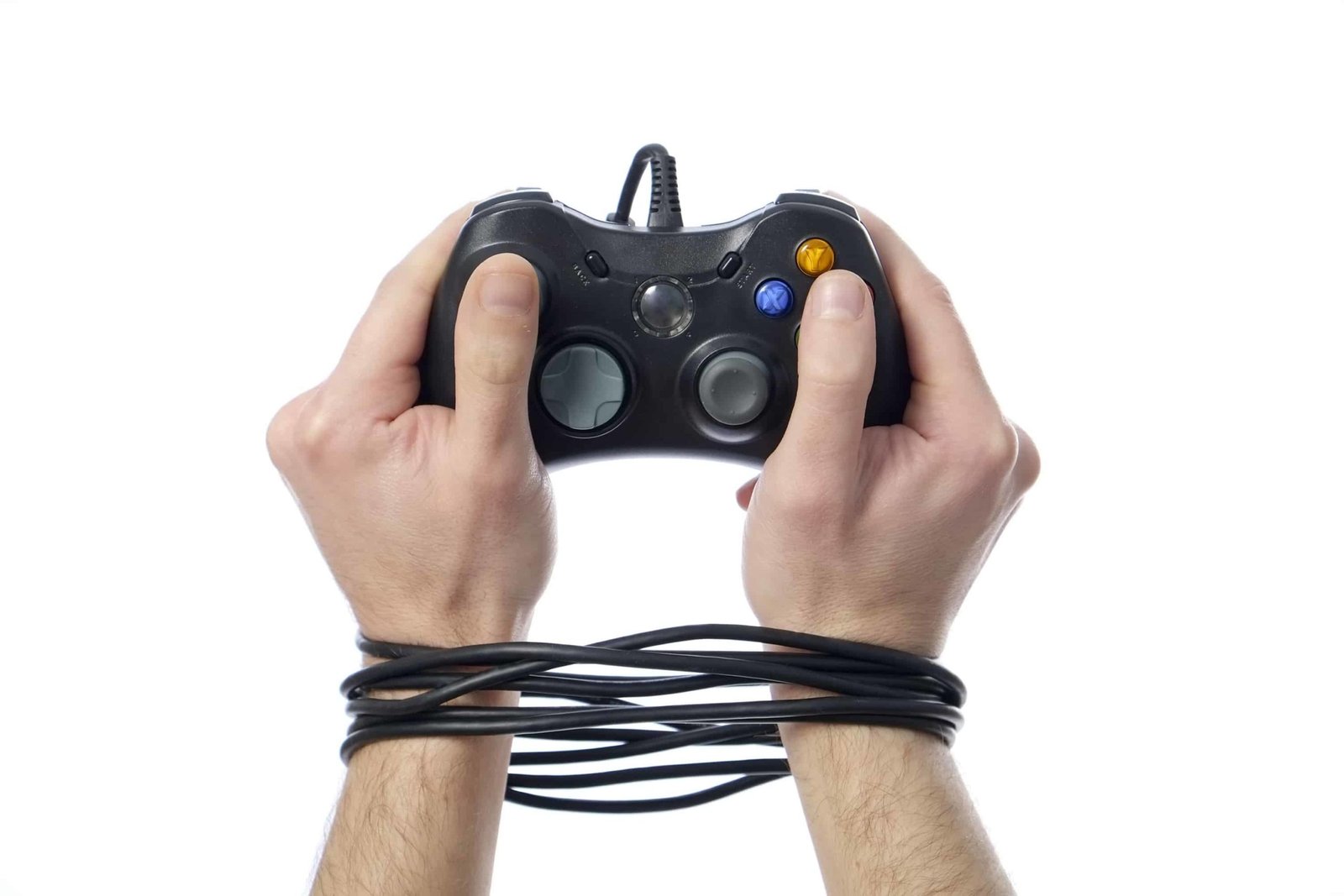Gaming Addiction: Understanding the Signs and How to Overcome It in 2023

In recent years, gaming addiction has become a serious problem, particularly among young people. While gaming can be a fun and enjoyable way to pass the time, it can quickly become a harmful addiction. In this article, we will explore the signs of videogame addiction and provide tips on how to overcome it.
videogame addiction is a type of behavioral addiction that involves excessive and compulsive gaming. It is characterized by a preoccupation with gaming, a loss of control over the amount of time spent gaming, and negative consequences resulting from gaming behavior.
What is Gaming Addiction?
Gaming addiction, also known as video game addiction, is a psychological disorder that involves compulsive and excessive gaming. It is similar to other types of addiction, such as gambling addiction, in that it involves a loss of control over behavior and negative consequences.
Signs of Gaming Addiction

There are several signs of videogame addiction to look out for:
1. Preoccupation with Gaming
Those with videogame addiction may spend a significant amount of time thinking about gaming, planning when they will play next, and obsessing over gaming-related activities.
2. Loss of Control
Individuals with videogame addiction may find it difficult to control the amount of time they spend gaming, and may continue to game despite negative consequences such as losing sleep, neglecting responsibilities, or damaging relationships.
3. Withdrawal Symptoms
When unable to game, those with videogame addiction may experience withdrawal symptoms such as irritability, anxiety, and depression.
4. Neglecting Responsibilities
videogame addiction can cause individuals to neglect their responsibilities, such as work or school, resulting in negative consequences such as poor grades, loss of employment, or financial problems.
5. Escalation
Gaming addiction can escalate over time, with individuals spending more and more time gaming and neglecting other aspects of their life.
How to Overcome Gaming Addiction
If you or someone you know is struggling with gaming addiction, there are several steps you can take to overcome it:
1. Acknowledge the Problem
The first step to overcoming gaming addiction is acknowledging that it is a problem. This may involve recognizing the negative consequences of gaming behavior.
Read More:The Rise of Esports: Exploring the World of Competitive Gaming
Conclusion:
Gaming addiction is a serious problem that affects individuals of all ages and backgrounds. It is characterized by an excessive and uncontrollable urge to play video games, to the point where it interferes with daily life and responsibilities. The signs of videogame addiction include neglecting personal hygiene, social isolation, and neglecting school or work. Fortunately, there are several ways to overcome videogame addiction, such as seeking professional help, setting realistic limits on gameplay, finding alternative hobbies and interests, and establishing a support system of family and friends.
FAQs:
Q: What are the effects of gaming addiction on mental health? A: Gaming addiction can lead to a range of mental health issues, including anxiety, depression, and social phobia. It can also negatively impact one’s physical health, relationships, and academic or work performance.
Q: Can children and teenagers develop gaming addiction? A: Yes, children and teenagers are particularly vulnerable to videogame addiction due to their still-developing brains and susceptibility to peer pressure. It is essential for parents to monitor their children’s gaming habits and set appropriate limits.
Q: Is videogame addiction a recognized disorder? A: Yes, videogame addiction is now recognized as a disorder by the World Health Organization (WHO) and is included in the latest edition of the International Classification of Diseases (ICD-11).
Q: Can gaming addiction be cured? A: While there is no “cure” for gaming addiction, it can be managed with proper treatment and support. It is crucial to seek help as soon as possible to prevent the addiction from worsening.
Q: Are all video games addictive? A: Not all video games are addictive, but some are designed to be more addictive than others. Games that incorporate elements such as rewards, social interaction, and continuous progression are more likely to be addictive. It is important to recognize which games trigger addictive behavior and to limit or avoid playing them.











